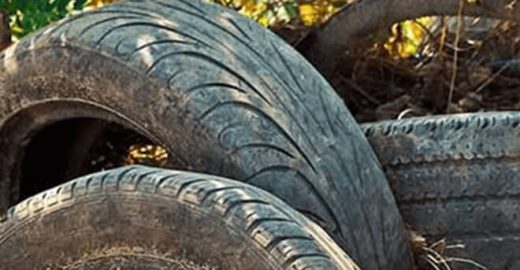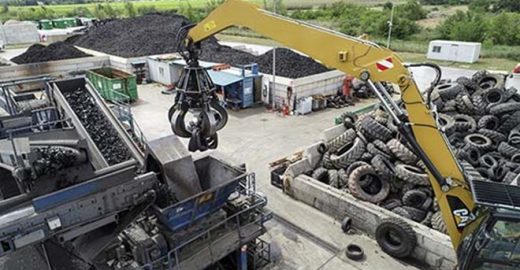Scrap tire recycling is a concern for local and national governments because of the associated environmental hazards. As motor vehicle use increases around the globe, fueled by booming demand in the emerging market, more governments are imposing stringent recycling rules for scrap tires. New and emerging technologies have been introduced to solve the recycling problem. Pyrolysis, which involves the decomposition of materials at elevated temperatures under inert conditions, converts scrap tires into gas and liquid fuels and these products can be used by other industries such as chemical, energy and transportation industries. The feasibility of pyrolysis depends on several factors, including the material content of the scrap tire and market value of the products. Current and past market conditions suggest that pyrolysis plants can be run profitably as independent operations. This study evaluated the economic potential of the pyrolysis industry based on evolving market conditions and forecasts the potential market size based on the volume of scrap tires expected to come into the market in the next 20 years.


An Australian general waste and tire recycling authoritative body turned to Environment Minister Sussan Ley in November last year with a request to prohibit whole bale tire…

Aliapur – a French end-of-life tire management authority – recently announced a call for applications to participate in a tender to renew end-of-life tire collection and recycling contacts for 2021–2024..